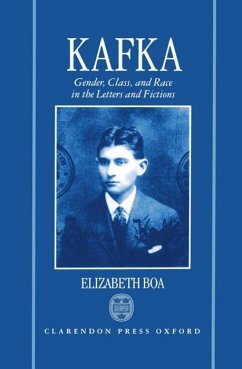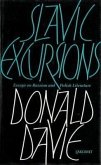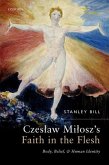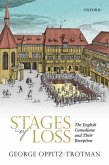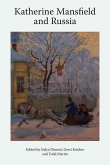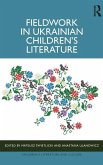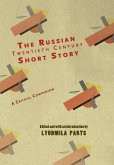Boa's new study of Kafka relates gender to other facets of identity. She shows how Kafka, while exploiting such stereotypes as the New Woman, the Magna Mater, the Whore, and the assimilating Jew for literary raw material, undermined these stereotypes and rejected patriarchal attitudes of his period. Boa places Kafka's alienating images of the male body and fascinated disgust of female sexuality in context with the militaristic, racist, gender, and class ideologies of the early twentieth century. She draws on Kafka's letters to his fiancee and to the Czech journalist, Milena, to illuminate how he transformed the details of this reactionary world into the strange signs and devices which assure his place in the modernist canon.
Elizabeth Boa's new study of Kafka centres on gender. It shows how, in an age of reactionary hysteria, Kafka rejected patriarchy yet exploited women as literary raw material. Drawing on Kafka's letters to his fiancee and to the Czech journalist, Milena Jesenska, Boa illuminates the transformation of details of everyday life into the strange yet uncannily familiar signs which are Kafka's stylistic hallmark. Kafka: Gender, Class, and Race in the Letters and Fictions argues that gender cannot be isolated from other dimensions of identity. The study relates Kafka's alienating images of the male body and fascinated disgust of female sexuality to the body-culture of the early twentieth century and to interfusing militaristic, racist, gender, and class ideologies. This is the context too for the stereotypes of the New Woman, the massive Matriarch, the lower-class seductress, and the assimilating Jew. The book explores Kafka's exploitation yet subversion of such stereotypes through the brilliant literary devices which assure his place in the modernist canon.
Elizabeth Boa's new study of Kafka centres on gender. It shows how, in an age of reactionary hysteria, Kafka rejected patriarchy yet exploited women as literary raw material. Drawing on Kafka's letters to his fiancee and to the Czech journalist, Milena Jesenska, Boa illuminates the transformation of details of everyday life into the strange yet uncannily familiar signs which are Kafka's stylistic hallmark. Kafka: Gender, Class, and Race in the Letters and Fictions argues that gender cannot be isolated from other dimensions of identity. The study relates Kafka's alienating images of the male body and fascinated disgust of female sexuality to the body-culture of the early twentieth century and to interfusing militaristic, racist, gender, and class ideologies. This is the context too for the stereotypes of the New Woman, the massive Matriarch, the lower-class seductress, and the assimilating Jew. The book explores Kafka's exploitation yet subversion of such stereotypes through the brilliant literary devices which assure his place in the modernist canon.

